TIL that in Sweden you have a constitutional right to allemansrätten, which is the right to peacefully hike, camp, bike and enjoy nature anywhere in the country unimpeded, with the only restriction being very close to someone's house or if you mess up a garden.
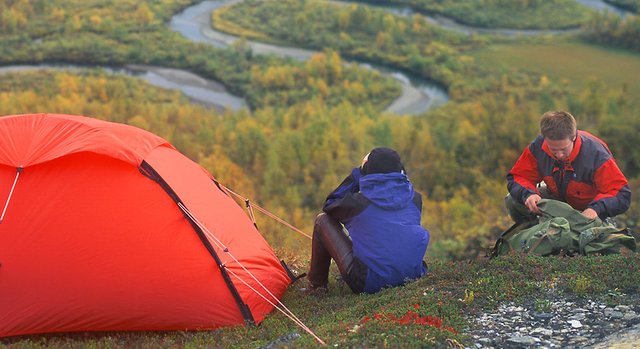
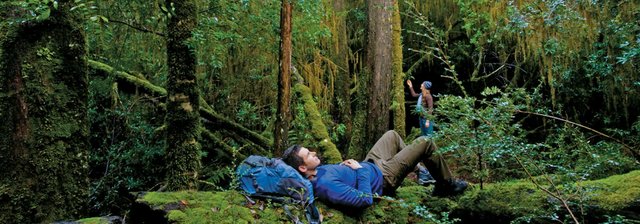

The Right of Public Access is a unique right to roam freely in the countryside. But with this right come responsibilities – to take care of nature and wildlife and to show consideration for landowners and for other people enjoying the countryside. The Swedish EPA sums up the Right of Public Access in the phrase ‘Don’t disturb – Don’t destroy.’
Sweden’s Right of Public Access is a unique institution. It gives us the freedom to roam just about anywhere in the countryside as long as we do not disturb or destroy. We owe to this right many of the opportunities for outdoor recreation that we enjoy in Sweden.

The Right of Public Access – freedom to roam:
You rely on the Right of Public Access whenever you go out in the Swedish countryside – whether it is to take a walk, go kayaking, climb a mountain or just sit down on a rock to think.
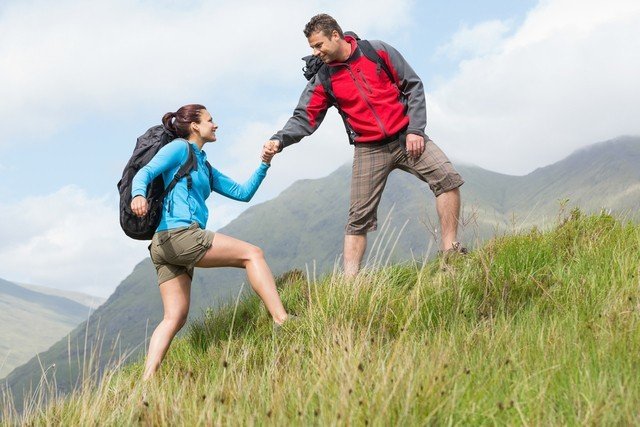
Under the Right of Public Access we do not need permission to cross private land. This is the basis for the wide-ranging freedom we enjoy to spend time in the countryside.
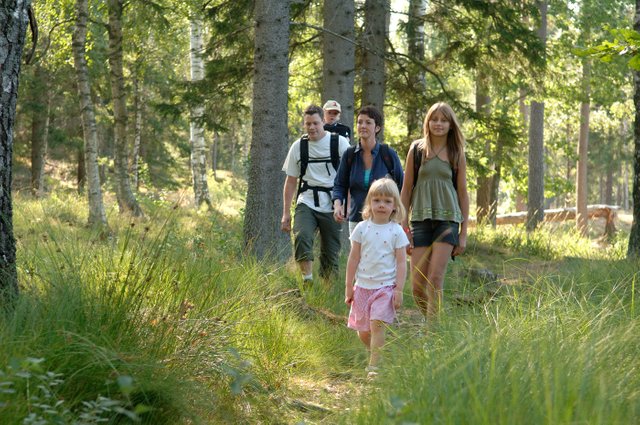
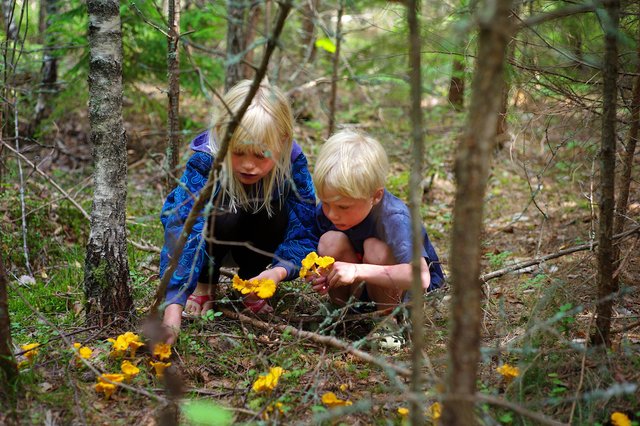
While the Right of Public Access is guaranteed in the Swedish Constitution, it is not enshrined in law and there is no statute that precisely defines its scope. On the other hand, it is hedged around by various laws that set limits pn what is allowed. It is therefore not always possible to say exactly what you may or may not do in the countryside. While the courts have the power to interpret the Right of Public Access, not many cases have actually come before a court of law.
Mediaeval roots:
Swedes tend to regard the Right of Public Access as part of their cultural heritage, sometimes even as a national symbol. Its origins go back in part to provincial laws and customs dating from the Middle Ages.

The Right of Public Access is for everybody. (The literal meaning of the Swedish term, allemansrätten, is ‘everyman’s right’.) As the basis of our right to roam the countryside, it is important not just to individuals but also to clubs and tourism operators. Clubs and tourism operators may take advantage of the Right of Public Access in the activities they organise, even though the right as such applies only to individuals and not to groups.
Outdoor recreation is changing:
The reasons why people spend time in the countryside have changed. The important thing used to be experiencing nature as such. But the key aspect to many people today is activities for which the countryside provides an arena. Mountain-biking, paragliding, white-water rafting and climbing are activities that are growing in popularity.
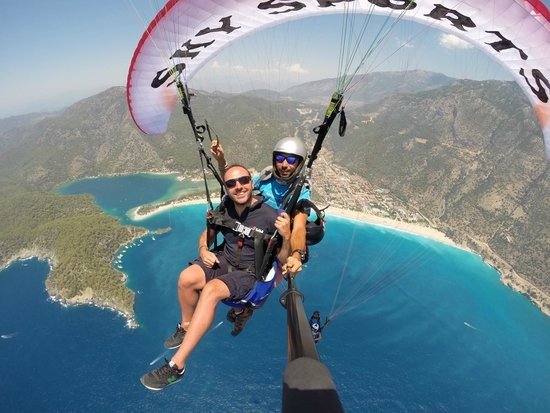

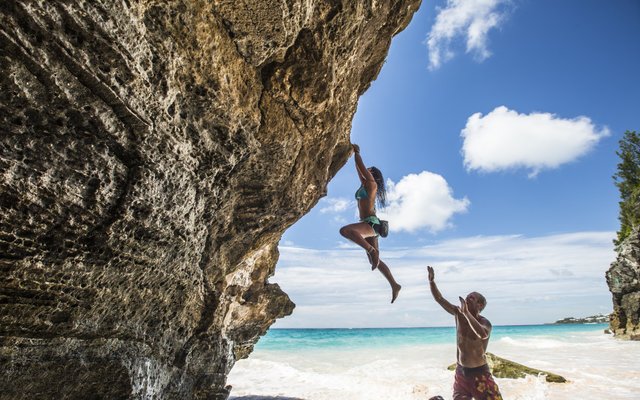
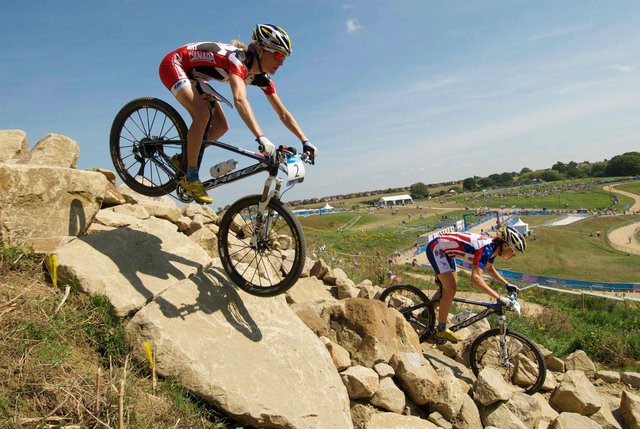
Increased pressure on the countryside:
The number of people engaging in outdoor recreation has increased as the population grows and people have more leisure time. With most people living in cities and towns, the result has been greater pressure on the nearby countryside. Soil and vegetation in popular areas can suffer degradation.
New demands on the Right of Public Access:
These changes in the nature of outdoor recreation are placing new demands on the Right of Public Access, which is founded on more traditional ways of enjoying the countryside.

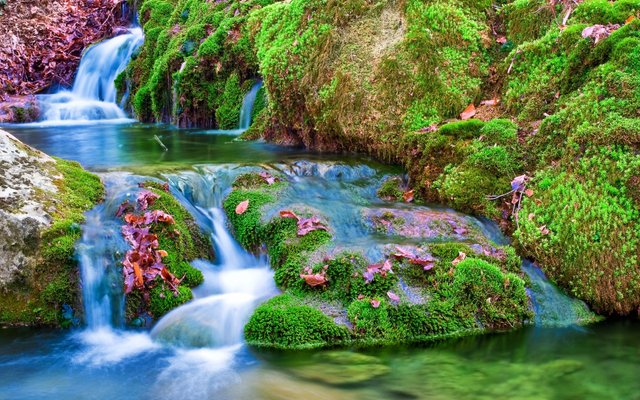
One area of doubt is the scale of recreational activity – with resultant risks of degradation and damage – that a landowner is required to tolerate by virtue of the Right of Public Access. The problem is particularly acute in the case of the organised forms of recreation that are becoming increasingly popular. In most cases, however, natural resources are not degraded by recreational activities. It is often possible for recreational uses and other forms of land use, such as forestry or agriculture, to exist side by side in the same area.
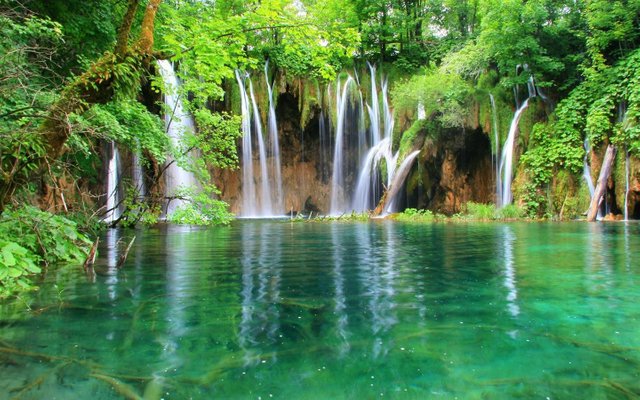
The importance of safeguarding the Right of Public Access:
Outdoor recreation is dependent on the public having access to adequate areas of land—now and in the future. The Swedish EPA consequently considers it important to safeguard the Right of Public Access, so that we may all continue to roam the countryside at liberty.
Hi! I am a robot. I just upvoted you! I found similar content that readers might be interested in:
http://www.swedishepa.se/Environmental-objectives-and-cooperation/Swedish-environmental-work/Work-areas/This-is-the-Right-of-Public-Access/
Downvoting a post can decrease pending rewards and make it less visible. Common reasons:
Submit
thanks for sharing such a awesome info
Downvoting a post can decrease pending rewards and make it less visible. Common reasons:
Submit
Great. Thanks for sharing. I'm starting to follow you.
Downvoting a post can decrease pending rewards and make it less visible. Common reasons:
Submit
thank you so much @capari
Downvoting a post can decrease pending rewards and make it less visible. Common reasons:
Submit
Congratulations @waqas.jutt1136! You have received a personal award!
Click on the badge to view your Board of Honor.
Downvoting a post can decrease pending rewards and make it less visible. Common reasons:
Submit
Congratulations @waqas.jutt1136! You received a personal award!
You can view your badges on your Steem Board and compare to others on the Steem Ranking
Vote for @Steemitboard as a witness to get one more award and increased upvotes!
Downvoting a post can decrease pending rewards and make it less visible. Common reasons:
Submit